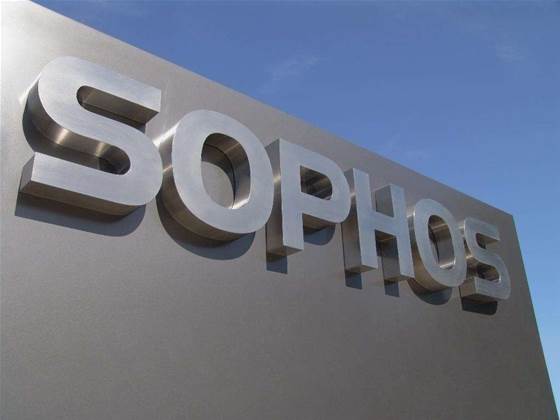Sophos has admitted that it suffered a false positive incident last week when its own anti-virus software began detecting an update as malware.

Numerous binaries were falsely detected as 'ssh/updater-B'.
“An identity released by SophosLabs for use with our Live Protection system is causing false positives against many binaries that have updating functionality,” Sophos wrote in a support document.
It moved to confirm that these were false positives and not a malware outbreak.
“If you have Live Protection enabled, you should stop seeing these detections eventually as the files are now marked ‘clean' in the Live Protection cloud. If you do not have Live Protection enabled you will stop seeing the new detections once javab-jd.ide has been downloaded by your endpoints.”
Users would see the file quarantined unless they have their on-access policy set to move or delete detections when clean-up was not possible.
“Please double check your SAV policy under clean-up; You want to ensure your secondary option (when clean-up is not available or does not work) is set to ‘deny access' and not delete or move. Once the detections have stopped, you can acknowledge the alerts in the console, this way you can see who is still reporting it, and confirm it is trending down,” it said.
However this has led to the Sophos Support Twitter page dealing with complaints and frustrated users. It also posted several messages informing that its "call centres are bottlenecked".
One reader on the Internet Storm Centre said the glitch affected other updater services including Adobe Flash, Oracle Java, Fujitsu AutoUpdater and Dell AutoUpdate Utilities.
“All of the auto-updaters mentioned above were deleted off hundreds of PCs. Now none of these applications will auto-update moving forward,” they wrote.
“Even though Sophos may have fixed the problem and fixed their own software, there is a monumental amount of work we have to do to clean up after this mess. I've worked in IT for 16 years and have never had a virus/Trojan/spyware/malware cause problems and disrupt our systems the way this did. Who can I trust anymore when even my security anti-virus vendor can wreak more havoc on our systems than a virus infection outbreak can?”
It followed a borked update of McAfee's anti-virus system which severed internet connections and disabled the client.




_(28).jpg&h=140&w=231&c=1&s=0)





 iTnews Benchmark Awards 2026
iTnews Benchmark Awards 2026
 iTnews Executive Retreat - Security Leaders Edition
iTnews Executive Retreat - Security Leaders Edition
 iTnews Cloud Covered Breakfast Summit
iTnews Cloud Covered Breakfast Summit
 The 2026 iAwards
The 2026 iAwards












_(1).jpg&h=140&w=231&c=1&s=0)



